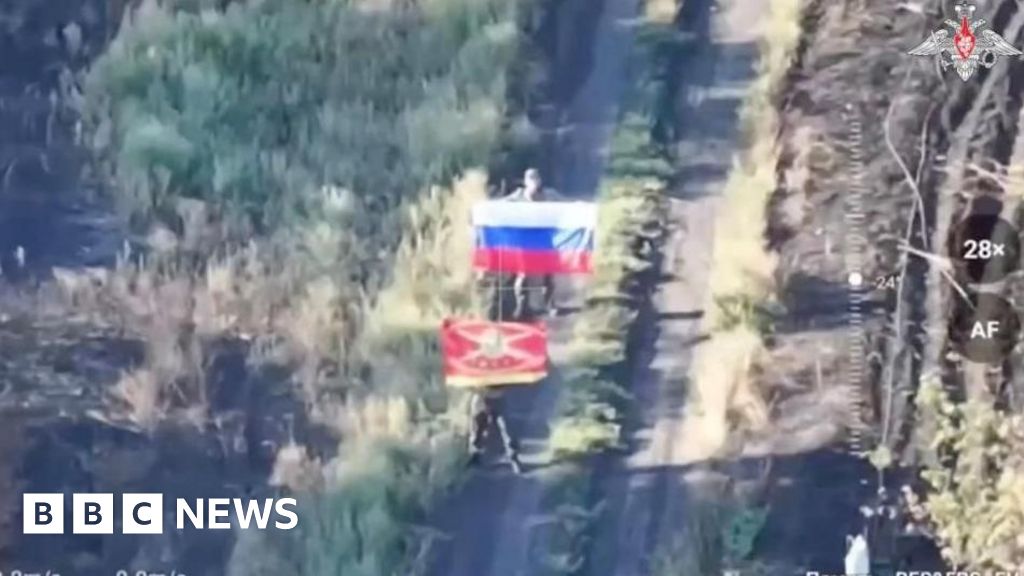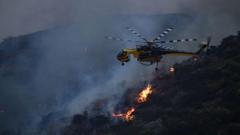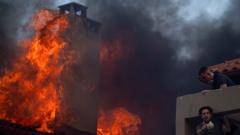Late Wednesday, a gathering of IOC members at the Olympic Museum in Lausanne marked the beginning of a peculiar election cycle. An atmosphere reminiscent of a secretive conclave cloaked this critical moment; candidates were isolated from members during a dinner, creating a palpable divide as they prepared to make their pitches the following day.
During a brief 15-minute presentation to voters—the only formal opportunity to express their vision—all candidates were shuttled discreetly to the venue in black minivans, devoid of any recording devices, to keep discussions tightly controlled. Among them is Prince Faisal bin Al Hussein, the sole royal candidate, who has voiced the need for accountability and clarity in the IOC’s election landscape.
The race features heavyweights like Juan Antonio Samaranch Jr., with roots in IOC history, and has garnered attention with Kirsty Coventry campaigning to be the first woman and the first African president of the IOC. As the stakes grow higher, candidates decry the archaic rules that stymie open discussions and public debate on crucial issues.
As if bound by the ancient traditions of the Catholic Church, candidates found themselves powerless to challenge or reshape the regulations. Some, like long-shot contender Morinari Watanabe, call for revolutionary changes to invigorate the Olympic legacy, despite the organization's longstanding resistance to change.
With a staggering $8 billion generated from the Olympic cycle, the winner must grapple with significant challenges, including aligning relationships within the U.S. — which holds critical broadcasting rights — and addressing controversies in global anti-doping laws. As candidates now face the clock to rally support amidst an opaque selection process, the future of the IOC remains shrouded in uncertainty and intrigue.
During a brief 15-minute presentation to voters—the only formal opportunity to express their vision—all candidates were shuttled discreetly to the venue in black minivans, devoid of any recording devices, to keep discussions tightly controlled. Among them is Prince Faisal bin Al Hussein, the sole royal candidate, who has voiced the need for accountability and clarity in the IOC’s election landscape.
The race features heavyweights like Juan Antonio Samaranch Jr., with roots in IOC history, and has garnered attention with Kirsty Coventry campaigning to be the first woman and the first African president of the IOC. As the stakes grow higher, candidates decry the archaic rules that stymie open discussions and public debate on crucial issues.
As if bound by the ancient traditions of the Catholic Church, candidates found themselves powerless to challenge or reshape the regulations. Some, like long-shot contender Morinari Watanabe, call for revolutionary changes to invigorate the Olympic legacy, despite the organization's longstanding resistance to change.
With a staggering $8 billion generated from the Olympic cycle, the winner must grapple with significant challenges, including aligning relationships within the U.S. — which holds critical broadcasting rights — and addressing controversies in global anti-doping laws. As candidates now face the clock to rally support amidst an opaque selection process, the future of the IOC remains shrouded in uncertainty and intrigue.




















